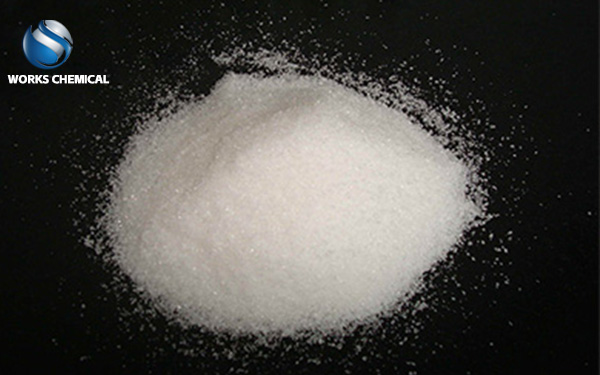
Sludge enhancers play an important role in solving the problem of poor water filtration of sludge and achieving deep dewatering of sludge. The following is a detailed analysis of how sludge enhancers can effectively solve these problems and achieve deep dewatering of sludge:

One. Mechanism of action of sludge synergists
Sludge enhancer is a chemical agent specially used to improve the dewatering performance of sludge. It usually contains a variety of complex ingredients, such as inorganic compounds, sludge surface structure modifier, degreaser, wall breaking agent, sludge surface treatment agent, sludge stripping agent and so on. These components work together to change the surface structure and properties of the sludge to achieve a better dewatering effect. Specifically, the mechanism of action of sludge synergists includes:
Damage the colloidal structure of the sludge: the sludge synergist can destroy the colloidal structure of the sludge, so that the sludge particles are easier to separate and dehydrate.
Reduce sludge viscosity: By reducing the viscosity of the sludge, the sludge synergist can make it easier to remove water from the sludge in equipment such as filter presses or centrifuges.
Change the surface properties of the sludge: the sludge synergist can change the surface properties of the sludge particles, such as charge distribution and hydrophobicity, so that the accumulation and precipitation between the sludge particles are more likely to occur, reducing the free water content in the sludge.
Damage microbial cell structure: Sludge enhancers may also damage the microbial cell structure in the sludge, releasing bound water within the cell, which is often difficult to remove during conventional dehydration.
Two. Application of sludge synergist in sludge deep dewatering
The application effect of sludge synergist in sludge deep dehydration is significant, mainly reflected in the following aspects:
Increase sludge solid content: After the use of sludge synergist, the solid particles in the sludge are more likely to gather together, thereby increasing the solid content of the sludge and reducing the water content.
Reduce pretreatment steps: As the colloidal structure and viscosity of the sludge are improved, some tedious pretreatment steps (such as long stirring, adjusting pH value, etc.) can be simplified or omitted.
Improve dewatering efficiency: sludge synergists can significantly improve the dewatering efficiency of sludge and shorten the dewatering time, thus reducing the running time and energy consumption of dewatering equipment.
Reduce equipment maintenance costs: sludge synergists can improve the flow of sludge and reduce the wear and blockage of sludge on dewatering equipment, so the maintenance cost of equipment can be reduced.
Application cases of sludge synergists
Many wastewater treatment plants and industrial wastewater treatment facilities have successfully applied sludge enhancers. For example, after the introduction of sludge enhishers in a sewage treatment plant, the dehydration efficiency of the sludge was increased by more than 30%, and the water content of the dehydrated mud cake was reduced from the original 80% to less than 60%. This not only improves the sludge treatment efficiency, but also reduces the treatment cost, and brings significant economic benefits to the operation of the sewage treatment plant.
Iv. Precautions for the use of sludge synergists
Although sludge enhancers perform well in sludge deep dehydration, the following points still need to be noted during use:
Select the right sludge enhancer: Select the right sludge enhancer according to the nature of the sludge and treatment requirements. Different sludge synergists have different chemical composition and mechanism of action, so it is necessary to choose according to the specific situation.
Control dosage: The dosage of sludge enhancer should be adjusted according to the nature of the sludge and the performance of the treatment equipment. Too much or too little dosage may affect the treatment effect and economy.
Monitoring treatment effect: In the process of use, the dewatering effect and water content of the sludge should be regularly monitored to ensure the effectiveness of the sludge synergist.
Pay attention to environmental protection requirements: when selecting and using sludge enhancers, relevant environmental regulations and standards should be complied with to ensure that the treated sludge meets environmental protection requirements.
In summary, through its unique mechanism of action, sludge synergists play an important role in solving the problem of poor water filtration of sludge and achieving deep dewatering of sludge. Reasonable selection and use of sludge enhancers can significantly improve the dewatering efficiency and treatment effect of sludge, and contribute to environmental protection and resource recovery.